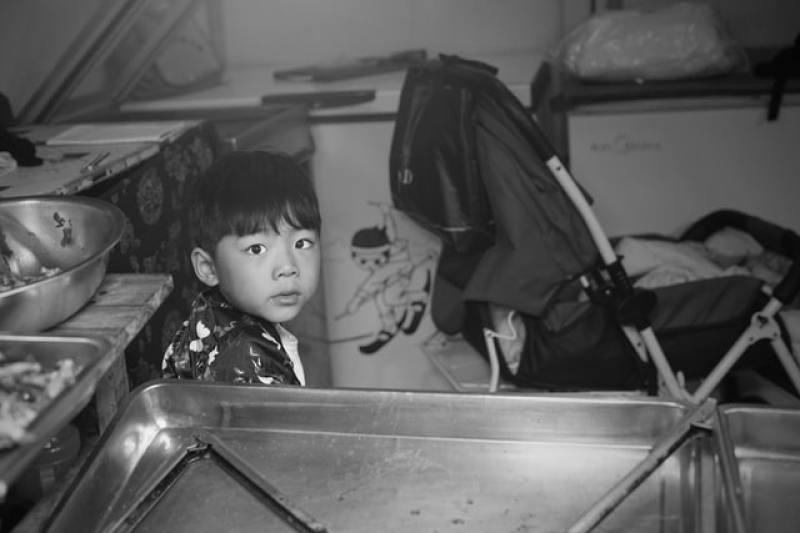
Worried that its aging population may not sustain its plans for global domination, China has launched a new three-child policy that lets married Chinese couples have up to three children. The move is meant to address its aging population and to address the issue of declining births in the most populous country in the world.
According to Reuters, China abolished its one-child policy in 2016 to allow married couples to have two children at most to limit the risks a rapidly aging population brings to the economy. The plan did not work as well as they'd hope, as the high cost of living and raising children in the cities of China prevented citizens from having more children. This is still evident today, despite the replacement of the old ruling to a new three-child policy.
After the CCP's Politburo meeting with President Xi Jinping, the official Xinhua news agency announced that China's new three-child policy will be paired with "supportive measures, which will be conducive to improving our country's population structure, fulfilling the country's strategy of actively coping with an ageing population."
Aside from implementing the new three-child policy, China is looking to lower educational costs for families, boost tax and housing support, "guarantee the legal interests of working women," and finally, put a limit to "sky-high" dowries. CCP is also hoping to "educate young people 'on marriage and love.'"
But Chinese citizens are not buying CCP's three-child policy. In fact, a poll posted on Xinhua's Weibo account asking citizens if they are ready for the new regulation revealed that 94% of respondents admitted that they would "never think of it," while the 6% were split between "I'm hesitating and there's lot to consider," "It's on my agenda," and "I'm ready and very eager to do so." The poll's results were telling, but it was later deleted.
Even the South China Morning Post thinks that the three-child policy will have a "limited effect" on the country's declining fertility rate, which is falling "due to social and economic factors." Salem Radio Network News gathered reactions on the new regulation and some have been pessimistic over how successful the legislation will be.
"Unless the government introduces real incentives, so providing special allowances to couples who have three children, like reductions for transportation, and other incentives, I don't think that Chinese couples are going to have more kids in the coming years," Jean-Pierre Cabestan, a professor at Baptist University of Hong Kong said. The CCP promised incentives, but implementation remains unclear.
"The immediate impact is likely to be positive but small on the macro level," Zhiwei Zhang, a chief economist at Pinpoint Asset Management, commented. "The long term impact depends on if the government can successfully reduce the cost for raising children-particularly education and housing."
Housing and education are two of the main pain points for Chinese citizens even without the new three-child policy. Hao Zhou, a senior economist at Commerzbank argued, "The fundamental issue is living costs are too high and life pressures are too huge."
Sociologist Yifei Li at NYU Shanghai agrees that the three-child policy "fails to recognise the reasons behind the decline in fertility." He argued that "People are held back not by the two-children limit, but by the incredibly high costs of raising children in today's China."
"An effective policy should have provided more social support and welfare," Yifei said. "The challenges are so multi-faceted that it requires carefully coordinated actions in multiple policy areas to rebuild people's confidence in the future."
"It is simply not wise to expect citizens to respond to policy changes so robotically."




























